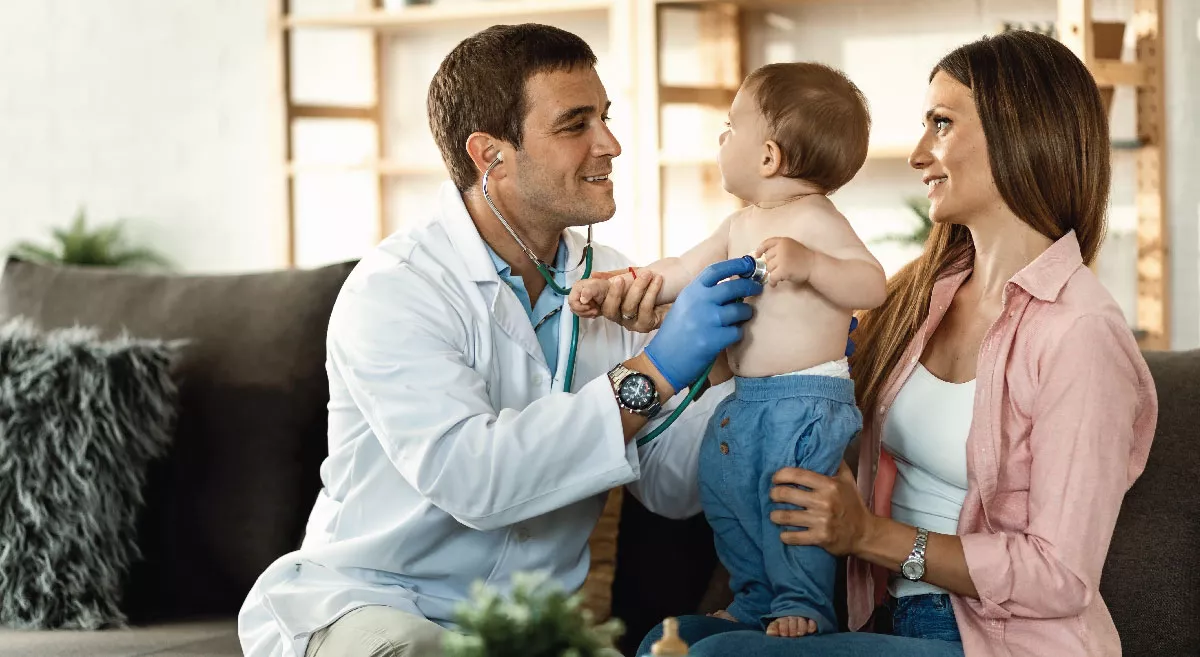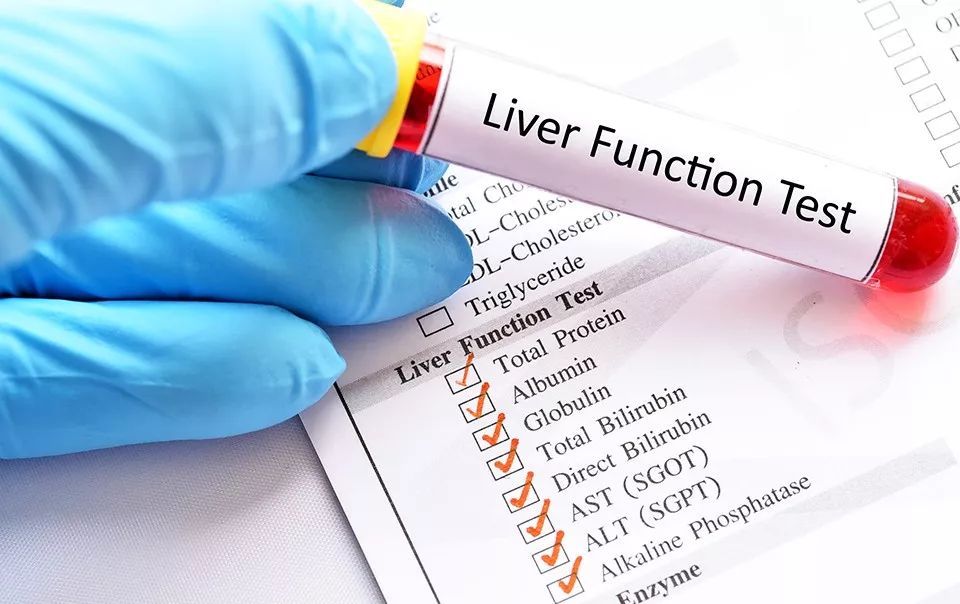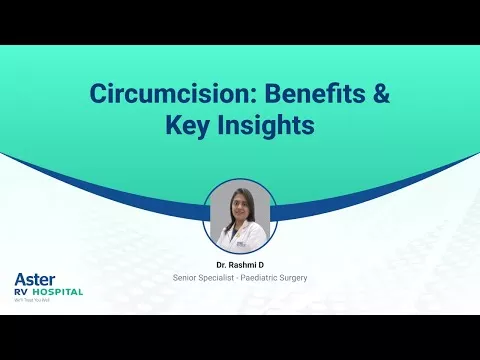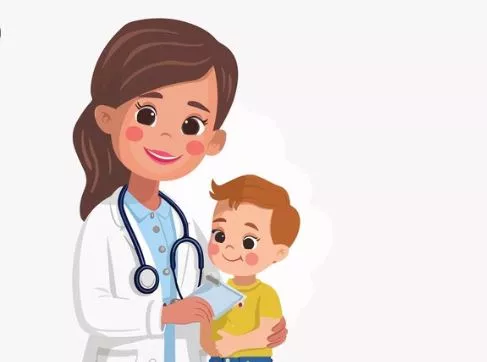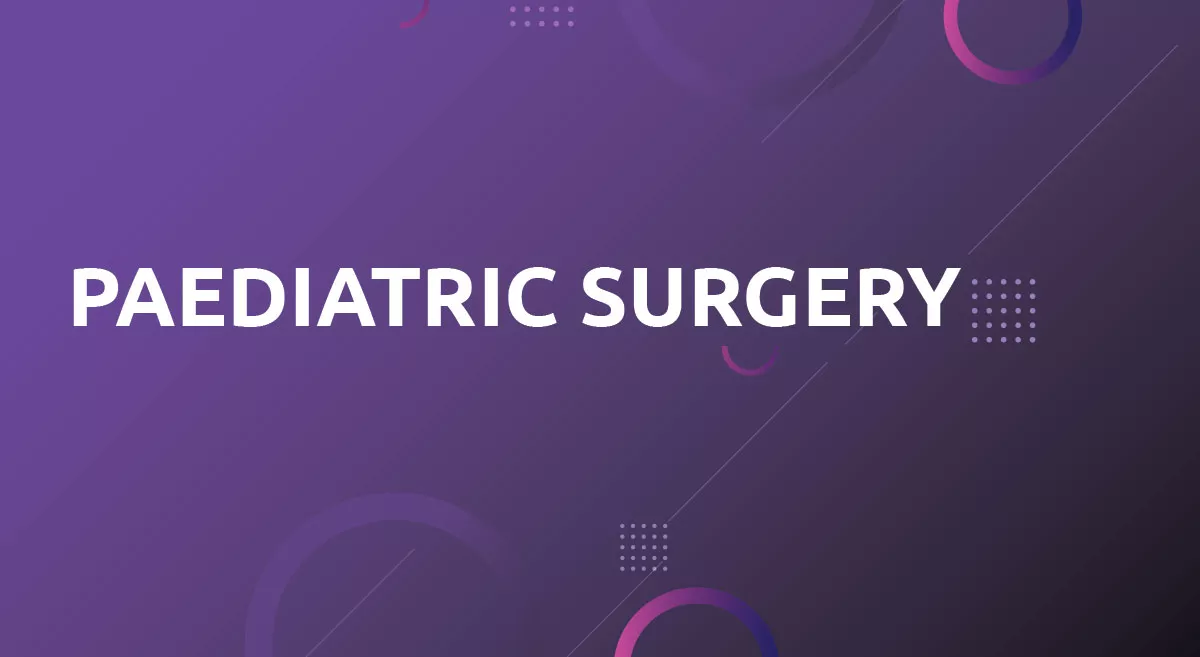What is Hypospadias Repair?
Hypospadias, a congenital condition affecting the male urethra, occurs when the urethral opening is not located at the tip of the penis but rather along the shaft or even in the perineal area. This condition can lead to significant physical and psychological challenges for affected children, impacting their quality of life and self-esteem. For many families, especially those from underprivileged backgrounds, accessing the necessary surgical care can be a daunting challenge. To address this need, the Pediatric Surgery team from Aster RV conducted a surgical camp focused on complicated hypospadias repair, to cater to patients hailing from remote villages around Kalaburagi, Karnataka.
The Initiative
The surgical camp, organized by Dr Sharan Gubbi, (Lead Pediatric surgeon at Anvika Multispeciality Hospital, Kalaburagi) in coordination with Dr Dhiraj K Balaji and Dr Rashmi D (Team of Pediatric surgeons from Aster RV, JP Nagar, Bangalore) aimed to provide comprehensive care for children suffering from complicated hypospadias. A rigorous selection process identified children who would benefit the most from this 2-day event. Parents were educated about the condition and its potential complications, fostering a supportive environment where families could discuss their concerns and hopes.
Surgical Procedures
Complicated hypospadias repairs often require advanced surgical techniques due to the malformations of the urethra and surrounding tissues. Before the surgeries, each child underwent thorough evaluations, pre-operative counselling and Pre-treatment with Testosterone injections. This careful preparation ensured that the surgeries could be tailored to each child's specific anatomical needs.
During the camp, a total of 8 children underwent successful hypospadias repairs. The surgeons were able to correct most deformities with tubularized incised plate urethroplasty and Tunica Vaginalis flap despite the individual complexities presented by each case. 2 patients required a staged-approach due to severely underdeveloped genitalia. The surgeries, which typically take several hours, were conducted with precision, and the children were closely monitored during their recovery.
Outcomes and Follow-Up
The outcomes of the surgical camp were overwhelmingly positive. Post-operatively all of the children achieved successful surgical results, characterized by normal urinary function and improved cosmetic appearance. Most importantly, these outcomes significantly enhanced the children’s self-esteem and overall quality of life. Families expressed profound gratitude, highlighting the psychological relief and newfound hope for their children’s futures.
To ensure continued care, the surgical camp established a follow-up protocol. Parents received detailed instructions regarding post-operative care and were invited to return for check-ups to monitor the children’s recovery and any potential complications. This commitment to long-term care is essential in addressing any arising issues, further emphasizing the camp’s holistic approach.
Raising Awareness
An integral component of the surgical camp was raising awareness about hypospadias and the importance of timely surgical intervention. Many families remained unaware of the implications of the condition and the potential benefits of surgical repair leading to older age of presentation to hospitals, in these children. Through community outreach initiatives, educational workshops, and distribution of informational materials, the camp aimed to inform parents about the condition and its treatment options.
Conclusion
The pediatric surgical camp for complicated hypospadias repair was a transformative event for the children and families involved. By providing necessary surgical care and fostering awareness, the initiative not only addressed immediate medical needs but also contributed to a broader understanding of congenital conditions in underserved communities.
As the camp demonstrated, collaborative efforts among healthcare professionals, local organizations, and families can yield remarkable outcomes. Continued advocacy and education are essential in ensuring that children with hypospadias receive timely intervention, paving the way for brighter futures and healthier lives. This camp stands as a testament to the power of community engagement and medical expertise in overcoming health disparities, reminding us all of the potential for compassion-driven initiatives to change lives.
